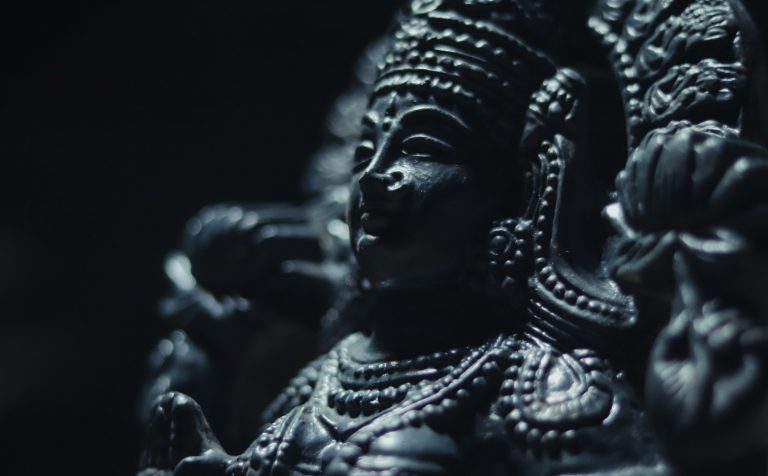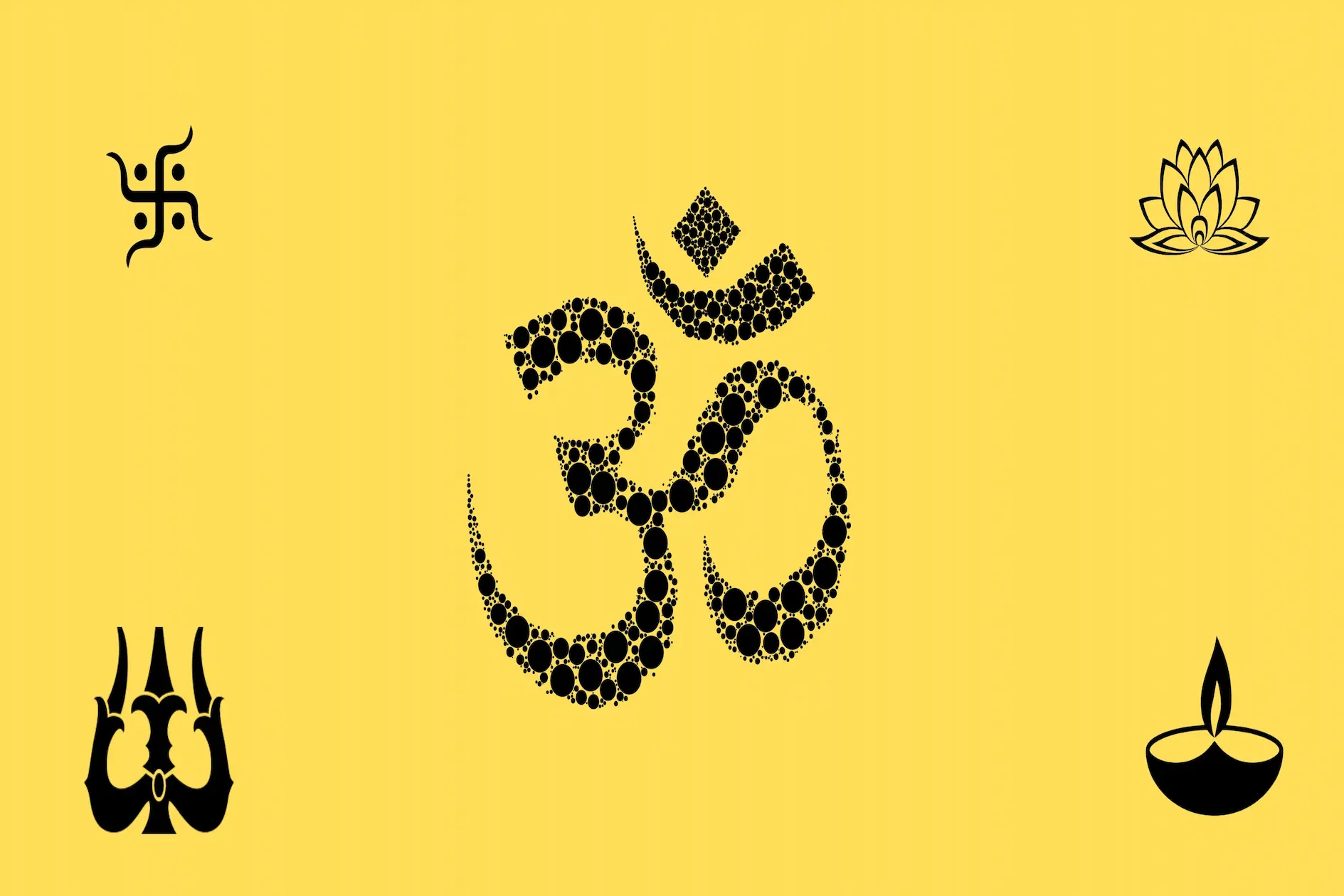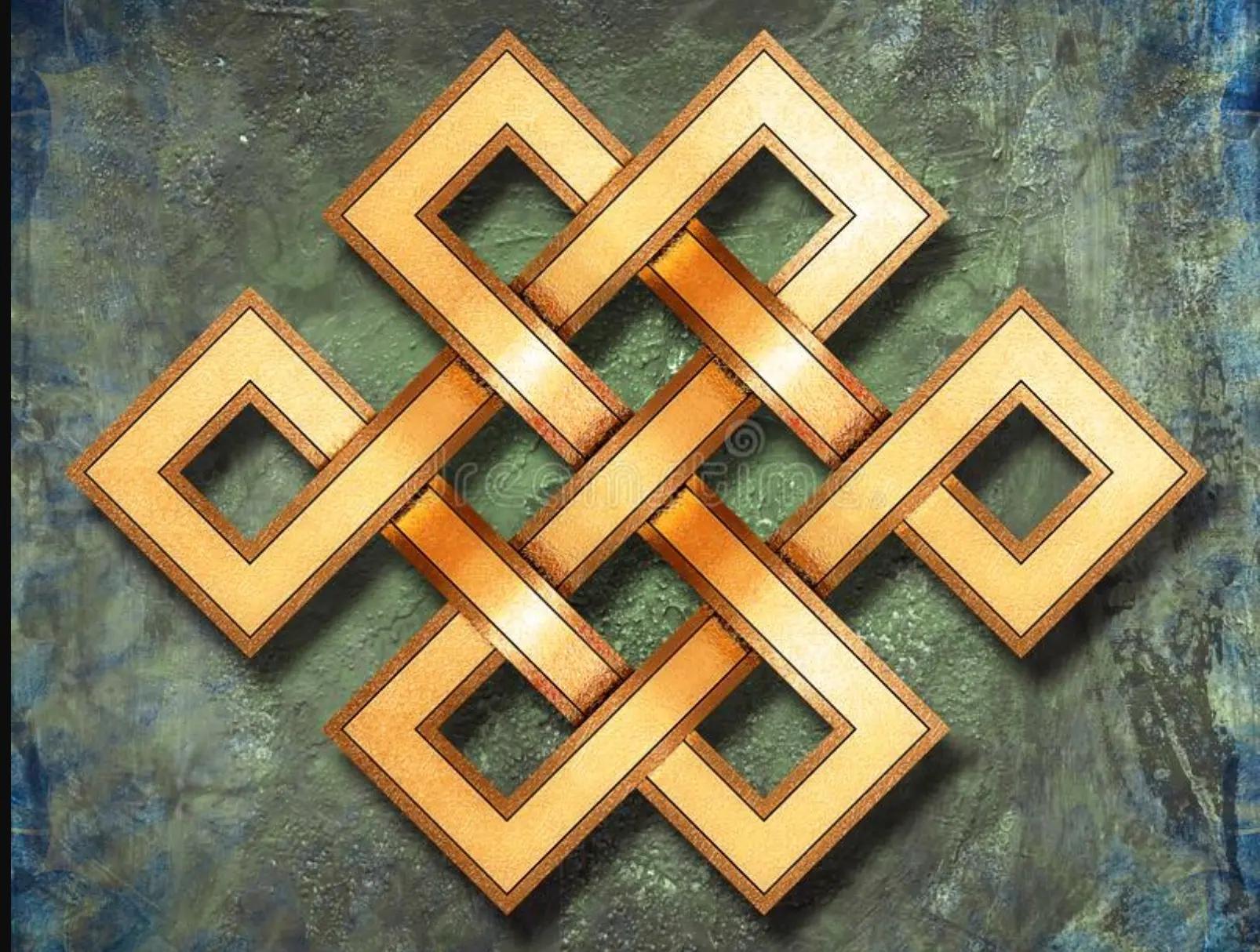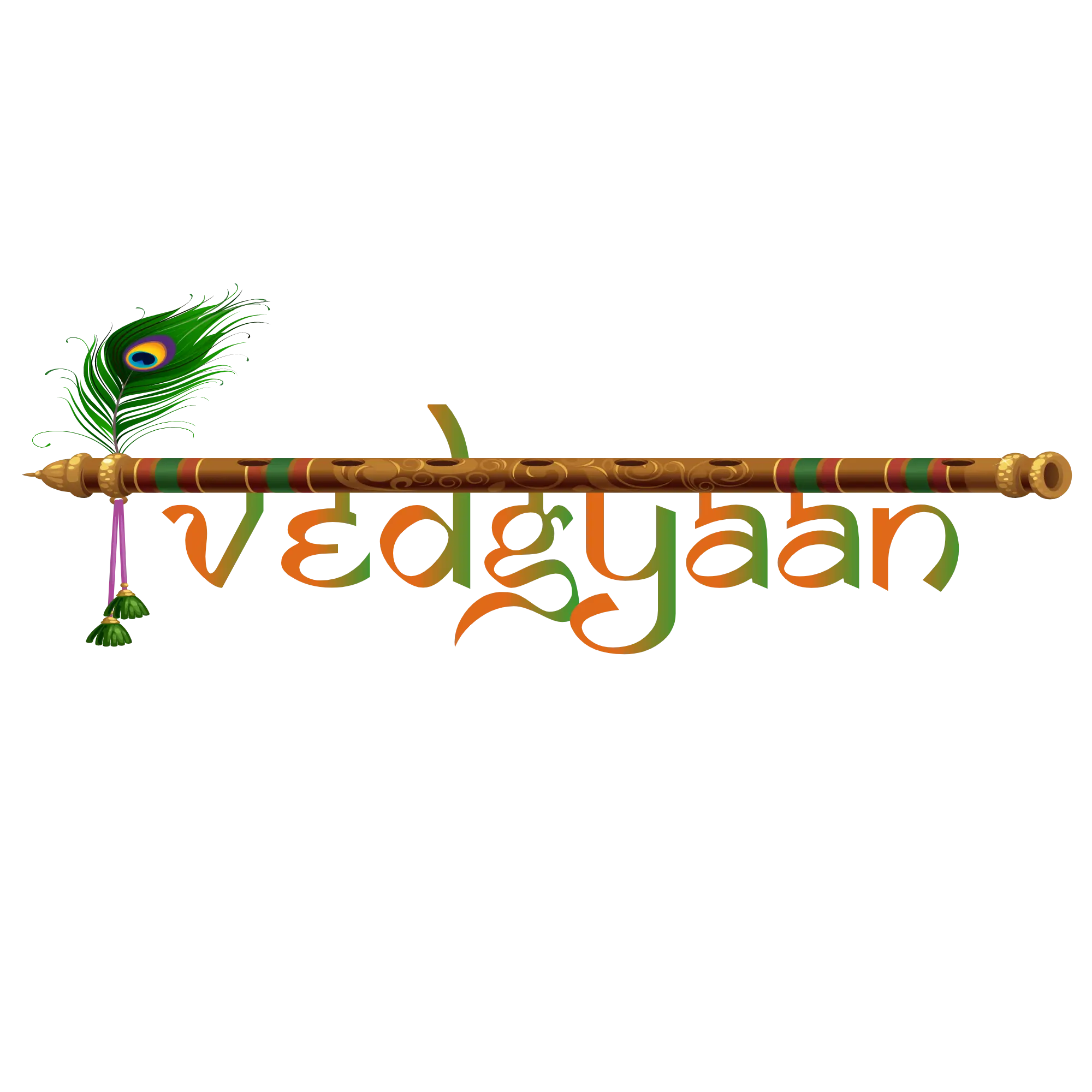Religion and Spirituality are often misinterpreted as interchangeable terms. While they are interconnected, they are not synonymous. Both stem from a common root, yet the interpretation and meaning of each varies among individuals. To grasp a deeper understanding of spirituality, it is crucial to differentiate between the two and comprehend the nuances that define them.
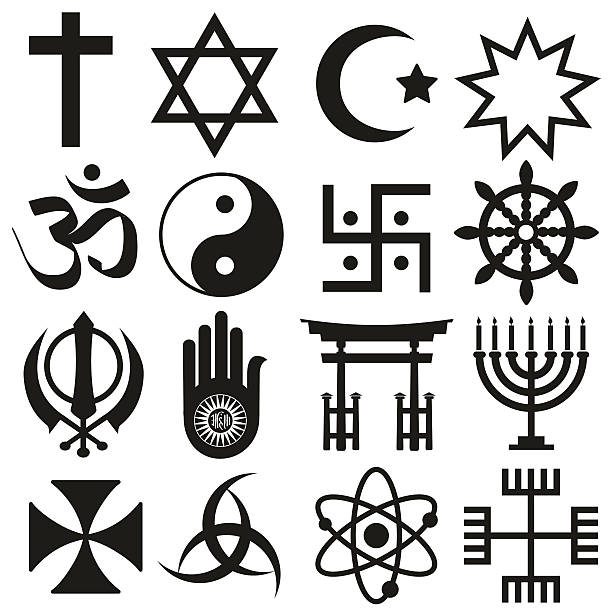
(Public Domain)
What is the difference between religion and spirituality?
By definition, Religion refers to the socio-cultural practice or practices of the worship of a higher power – often a God or Gods- and is usually a part of an institutionalized system or organization of religious beliefs, practices, and the service and worship of a God or multiple Gods. Different religions include Hinduism, Buddhism, Christianity, Islam, Zoroastrianism, and so on.
There are a plethora of different religions being practiced today, each religion with its own set of beliefs, practices, and deities. Each religion often revolves around a central figure or “God”, whose teachings are the core or basis of each religion. For example, Christianity revolves around the teachings and worship of Jesus Christ, Buddhism revolves around the teachings of Gautama Buddha and Islam revolves around the teachings of Prophet Mohammed.
In addition to this, the number of gods or deities that each religion focuses on varies from religion to religion. Religions that deal with a single God or a “one true God” are known as Mono-theistic religions- such as Christianity and Islam. Religions that worship more than a single God are known as Polytheistic religions- such as Hinduism, Taoism, and Buddhism.
Spirituality, on the other hand, is the human desire or need to connect to something larger than yourself, be it nature, others, or something sacred. Rather than a practice involving the worship of a higher power, Spirituality is an individual practice or “way of life” and is mainly involved with developing an inner sense of peace and purpose.
In addition to this, unlike religion, Spirituality is not an organized system and does not have a specific set of practices, rules, and traditions. It is more of a “self-journey”, a path to find your true self and achieve self-actualization and enlightenment. It is the concept of understanding your inner self rather than engaging in outer worship of a God or Gods.
Are religion and spirituality connected?
Since the origin of human thought and the ability to ask questions, Humanity has been on the ultimate quest to answer the four main questions of life:
How did life come into existence?
Who am I?
What is my purpose in life?
What is the meaning of life?
In the quest to answer these questions, emerged the concepts of religion and spirituality. At the very foundation of both these concepts exists humanity’s desire to find the true meaning of life. Although they are different, they are both pathways or routes to answer these questions.
Although it is possible to be religious and spiritual, it is not a necessity to be religious to be spiritual. Similarly, it is possible for you to be deeply religious but not spiritual in any way whatsoever. In an illustrative example, visualize a football game in your mind- with a clear set of rules, referees, boundaries, and end goal.
Here, the referees, rules, and boundaries act as religion, guiding you to find your inner spirituality. What you can infer from this is that in addition to the worship of a higher power and following a strict set of rules, religion can act as a guide, helping you discover your spirituality.
Similarly, now visualize playing football in a park – A casual game with no clear set rules or boundaries. This form of the game still provides you with the same amount of fulfillment, happiness, and satisfaction as a game with set rules. This is how spirituality works, although there are no strict rules to abide by, you still achieve satisfaction and happiness.
Just as religion helps you decide who you are and what your purpose is through the vast amount of scriptures, traditions and worship, and connection to a God or Gods, Spirituality can help you achieve the same result by forging a connection with your inner self and nature around you.
Exploring the Differences: Nature, Practices, and Traditions in Religion vs Spirituality
Unlike Spirituality, Religion exists as an organized institution that has to abide by a specific set of rules and traditions. It is heavily structured and often imposes strict rules upon its members- governing everything ranging from the food you eat to the clothing you wear. In addition to this, Religion revolves around a set of moral rules and codes of conduct that followers are expected to adhere to.
Some religious rules followed by different religions include:
Hinduism: Worship of multiple deities, Vegetarian or no-beef diet, Respect for nature and animals, fasts and offerings to deities on auspicious days, visiting the temple regularly, reading the holy scriptures such as the Bhagavad Gita, and so on.
Christianity: Worship of a single God and Jesus Christ, visiting the church regularly, taking holy communion or baptism, reading the bible daily, and so on.
Islam: Worship of Allah and Prophet Muhammed, Prayer five times a day, No-pork diet, no alcohol, modest dressing and head covering for women, and so on.
In addition to this, religion comes with a set of strictly followed traditions and celebrations, often commemorating various hallmarks of the particular religion. These festivals see thousands, if not millions, of followers, gathered together, performing religious rites and celebrating with their friends and families.
Some religious festivals include:
Hinduism: Diwali, Navaratri, Holi, Ganesh Chaturti, Durga Puja, and so on.
Christianity: Christmas, Easter, Palm Sunday, Good Friday, and so on.
Islam: Ramadan, Eid-Al-Fitr, Eid-Al-Adha.
Buddhism: Buddha Day, Buddha Purnima, and so on.
Spirituality, on the other hand, is completely unrestricted by the stringent rules and traditions of religion. As it is a path of self-discovery, your spirituality is completely determined by you- by your thoughts, self-expression, emotions, and perspective on life. Spirituality is not governed by a set of external rules or scriptures, but rather by your inner self.
Spirituality can mean completely different things to different people and is purely an individual practice and can be anything you want it to be. It can be a deep and sacred connection that you have forged with nature, it can be the desire to transcend from the mortal realm, it can be a quest for enlightenment, an urge to serve those around you, or even a social experience where you surround yourself with different people who possess different perspectives.
However, there are some common practices that are performed by those seeking to discover their spirituality that go hand in hand with religion. Traditionally Hindu practices such as Yoga and Meditation have been used for centuries by people from across the world to unlock their spirituality and access their inner selves. Some people also turn to prayer- a dominant aspect of religion- as a way to access their spirituality.
Religion, Spirituality, and the After-Life
A fundamental aspect of religion is the existence and nature of life after death. Most religions firmly push the idea that life in the mortal realm is not final and that after you die, you experience a new form of life- often unrestricted by mortal quandaries and the human body.
A core value of religion is, Life after death is determined by the life you lead in the mortal realm and is often decided by your actions while you are alive. A common belief amongst most religions is that if you live life as a good person, sticking by the moral and ethical code of conduct, you will enjoy a glorious afterlife. However, if you lived a wrongful life, committing sins and hurting others, you are believed to be condemned to an afterlife of suffering.
Some common religious beliefs about the afterlife include:
Hinduism: In Hinduism, life follows a birth cycle known as “Samsara”- a birth-death-rebirth cycle that continues until your soul achieves true liberation (Moksha). It is also believed that you have your own unique Karma, based on your actions in the mortal realm. If you possess Good Karma, you will be reborn into a good, privileged life. However, if you have bad Karma, you will be born into a life of suffering.
Christianity: Christianity believes in the concept of Heaven and Hell after death. If you lived an ethical life of good deeds, you will be sent to Heaven, where you will live out a glorious, eternal life. However, if you have lived an immoral life, you will be sent to hell, where you will spend eternity in suffering and torture.
Islam: Similar to Christianity, Islam believes in the concept of Paradise and Hell. If you have lived life as a good Muslim following Islamic laws, you will be sent to Paradise after death, where you live a glorious eternity. However, if you have not spent your life as a good Muslim, you will be sent to hell where you will face an eternity of torture.
Most forms of Spirituality, however, do not deal with the concept of an afterlife. Since the entire concept of Spirituality is self-discovery and forging a connection with the world around you, you are not restricted to the religious concepts of heaven and hell or reincarnation. However, some people do believe that after death, your soul achieves freedom, where it transcends to a higher realm of existence.
Conclusion
The common thread between religion and spirituality is the search for fulfillment and contentment. Both offer a means to explore the purpose and meaning of life and to connect with something greater than oneself. Whether through a structured religious community or a personal, individual journey, the desire for growth, peace, and harmony is the driving force behind these pursuits. At the end of the day, the path you choose is up to you, but the ultimate goal remains the same – to live a fulfilling and meaningful life filled with love, happiness, and inner peace.


